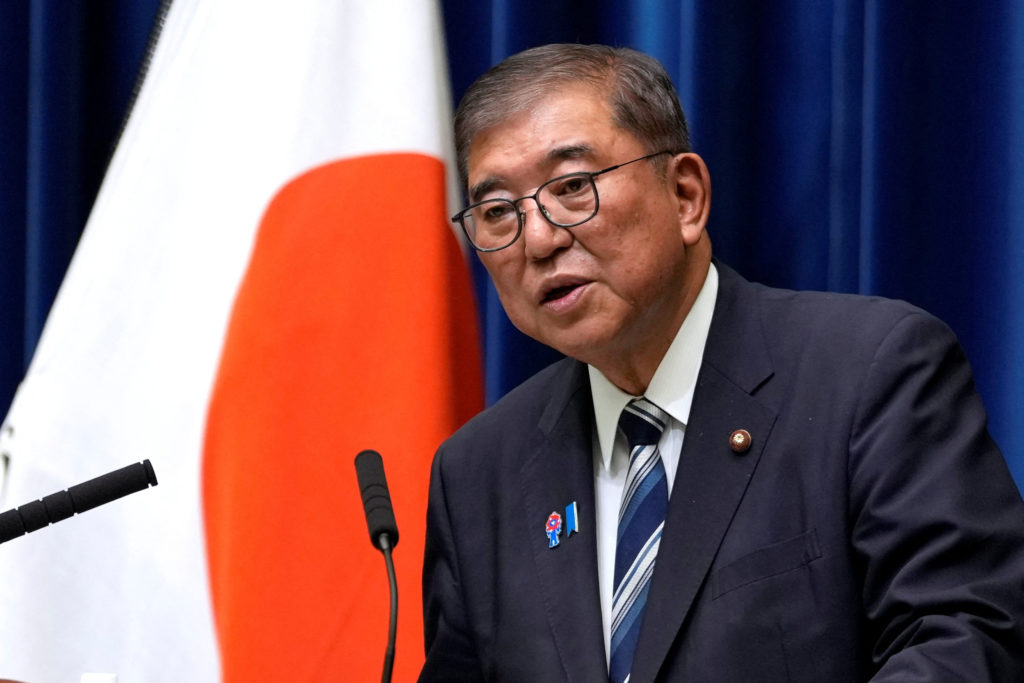
Japan's PM Resigns, Citing Humiliating US Trade Deal Amid Political Pressures
Japan’s Prime Minister, Shigeru Ishiba, has recently stepped down, openly acknowledging the humiliating US trade deal as a major factor in his resignation. This controversial trade agreement, marked by tariffs and restrictive measures, has stirred considerable unrest and dissatisfaction, ultimately influencing Ishiba’s decision to leave office.
The backdrop of political turbulence and pressures within the ruling Liberal Democratic Party also weighed heavily on his choice. As the coalition grappled with parliamentary setbacks and an unpredictable political landscape, Ishiba faced mounting challenges that complicated his leadership. The trade deal, seen by many as detrimental to Japan's economic ambitions, only intensified these challenges, contributing to his ultimate resignation.
Elections played a crucial role in this scenario, as the government sought to establish stability amid these uncertainties. The intricate interplay between trade disputes and internal party dynamics shaped an environment rife with pressure, making Ishiba's position increasingly untenable. With the need to maintain party unity amidst electoral realities, his departure highlights the complex intersection of domestic and international issues facing Japan today.
In summation, Japan's Prime Minister cited the humiliating US trade deal as a cornerstone reason for his resignation, alongside the internal party pressures and electoral challenges. This significant moment underscores the impacts of trade negotiations on political stability in Japan, inviting ongoing discussion about the future trajectory of the nation's leadership and policies.
